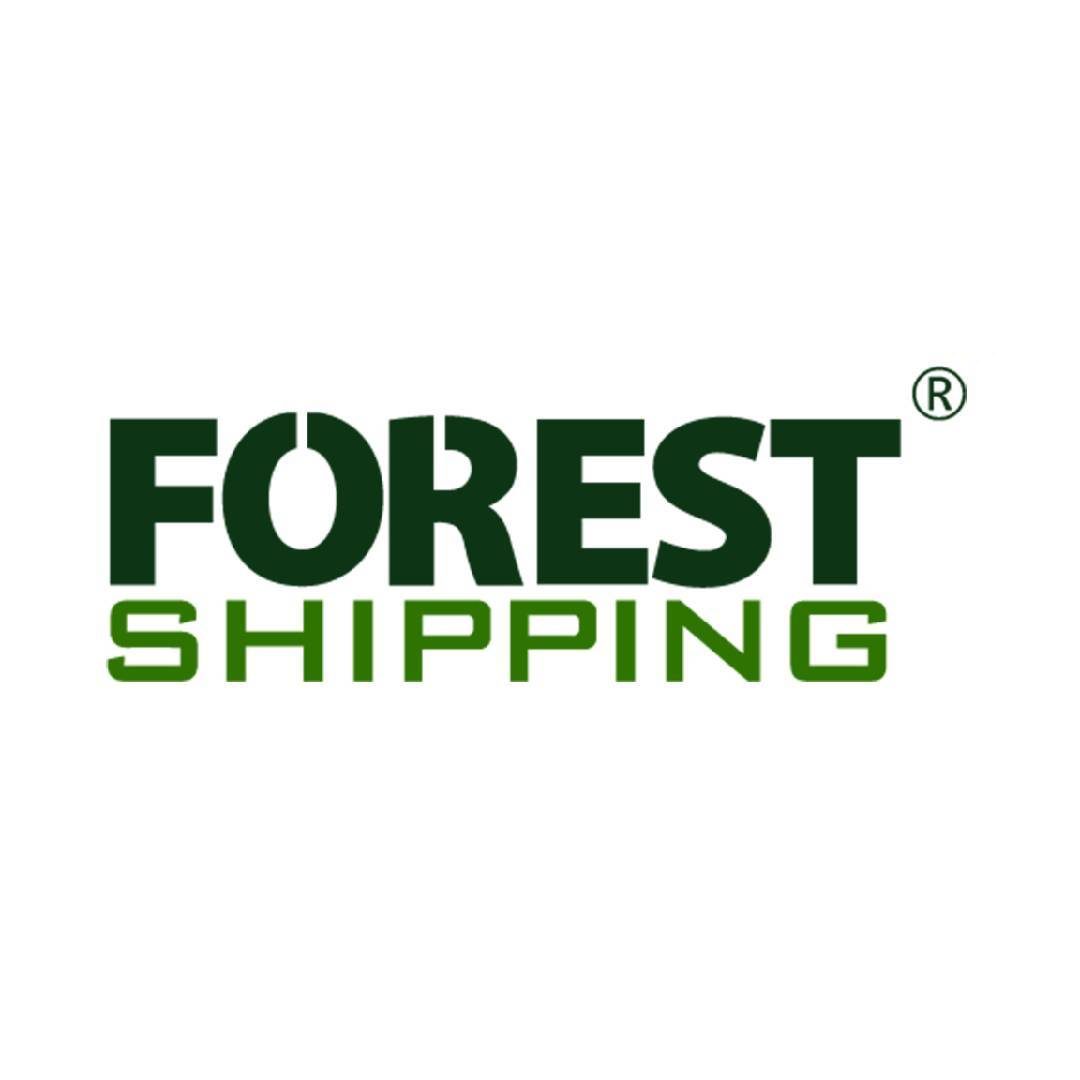FBA (Cross-Border Fulfillment) in International Logistics: An Overview
Definition and Purpose:
FBA, or Fulfillment by Amazon, is a logistics service designed to simplify international shipping by leveraging Amazon’s global network of warehouses. It allows companies to outsource storage, customs, and shipping, enabling them to expand into multiple countries without managing logistics internally.
How It Works:
Shipping to Amazon Warehouses: Companies ship their products directly to Amazon’s fulfillment centers in the source country.
Amazon Handles Logistics: Amazon then stores the goods and manages the shipping to the destination country, including customs clearance and delivery.
Benefits:
Cost Efficiency: Reduces operational costs by handling storage, customs, and shipping.
Simplified Logistics: Minimizes the need for internal logistics expertise.
Global Reach: Facilitates expansion into multiple markets with streamlined processes.
Challenges:
Customs and Taxes: Involves paying import/export taxes and ensuring compliance with customs regulations.
Storage Costs: Relies on Amazon’s extensive infrastructure, which may incur additional costs.
Regulatory Compliance: Navigating customs, import/export laws, and documentation across countries.
Potential Delays: Customs issues or longer transit times compared to direct shipping.
Considerations for Companies:
Cost-Benefit Analysis: Evaluate if FBA’s benefits outweigh the costs, considering the scale and number of countries entered.
Inventory Management: Simplifies inventory management but may increase carrying costs.
Logistics Partners: While Amazon is prominent, other providers may offer similar services.
Product Suitability: Ideal for standardized, non-perishable goods with clear shipping requirements.
Conclusion:
FBA is a strategic logistics solution for companies looking to expand internationally, offering cost savings and streamlined operations. However, it requires careful consideration of challenges like customs, taxes, and potential delays, and aligns with the company’s logistical capabilities and product requirements.

